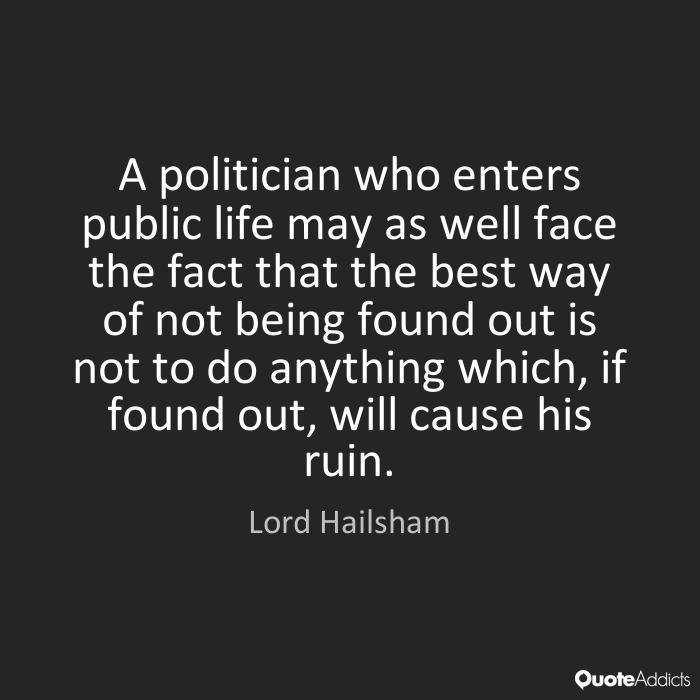What is Public Corruption? What's the impact of Others People's Money? And Why does it Matter? Part 1
We regularly hear politicians reference their experience in, “Public Life,” or “Public Service.” This is meant to display a willingness to sacrifice self for the good of the public. Are there different standards for leaders in “Public Life?”
The short answer is that Public Servants have a higher burden of leadership and ethics, since the organizations they lead use Other People’s Money, rather than their own. Contrast that with leaders in Private Enterprise, who have a direct financial state in the organizations they run – where there is no opportunity for the owner to “skim” funds, since the funds involved are already theirs.
An illustration to compare/contrast will help us here.
For several years now, I have owned a business. As the owner, I hold the responsibility to do the work or hire others to do the work. I am responsible to set the policies, to hire and fire, and to decide what products/services will be attractive to our customers and at what price. I am responsible to decide what assets we should buy (equipment, inventory, buildings, etc.) from which vendors, and to either invest my own saved money to purchase them, arrange for the financing from a lender, or recruit a partner. If my business is successful and I earn a profit above the cost of hiring all these people, paying the vendors and purchasing all these assets, then I alone get to reap the joy of my income (after taxes, of course). If my business fails, I alone must bear the cost, both financial, losing all I invested in this business and maybe losing other savings or going bankrupt, and otherwise (business failure has a huge emotional cost). We will call this, “Private Enterprise.”
Compare that to “Public Life.” In Public Life, an individual wins an election, is appointed to a political position, or is otherwise hired and placed in authority over a government department. That puts them in the same decision making position as business owners in Private Enterprise. The Public Life leader does the work or hires others do to the work there. The Public Life leader sets the policies (sometimes in conjunction with a legislative body, sometimes on their own), hires and fires, and decides what products/services will be provided to the customers (the public) and at what price. The Public Life Leader is responsible to decide what assets should be purchased by the government entity from which vendors, and either spends current tax receipts collected from the citizens or borrows money that the government entity must repay at a later date.
Now comes The Difference. With Private Enterprise, business owners have a built-in incentive to make the best decisions possible to build a bigger customer base and do so in such a way that they make a profit at the end of the day. People in Private Enterprise can make wrong decisions as to how to do that, and they surely do make such decisions, which is why many businesses fail and the owners lose the money and time they had invested. However, their Incentive is always to run their business to earn a profit, and those profits flow to the business owner to do as they see fit.
In Public Life, that built-in incentive is not there. If the Public Life Leader runs the government organization with excellence, ensuring by his superb decision making that his organization is efficient, that the employees are happy and productive, that the government entity serves its customers with innovation and tireless energy, the Public Life Leader earns no more money than if he did an average or a below-average job. It’s my opinion that most Public Life Leaders WANT to run their organizations well. But if the organization is not well-run, or if it is well run but on a wild-goose-chase mission, that does not negatively impact the leader’s financial future directly.
So, since there is no built-in link between the mission of a government organization and the financial benefit of the Public Life Leader, some other things must be put in its place, to keep the Public Leader accountable. Those other things are ethics rules, anti-corruption laws, a skeptical and rigorous independent press, and an informed citizenry come re-election time.
Do Public Life Leaders ever use their position for money or political corrupt ends? The plot thickens as we will find out in Part 2 of this article.


